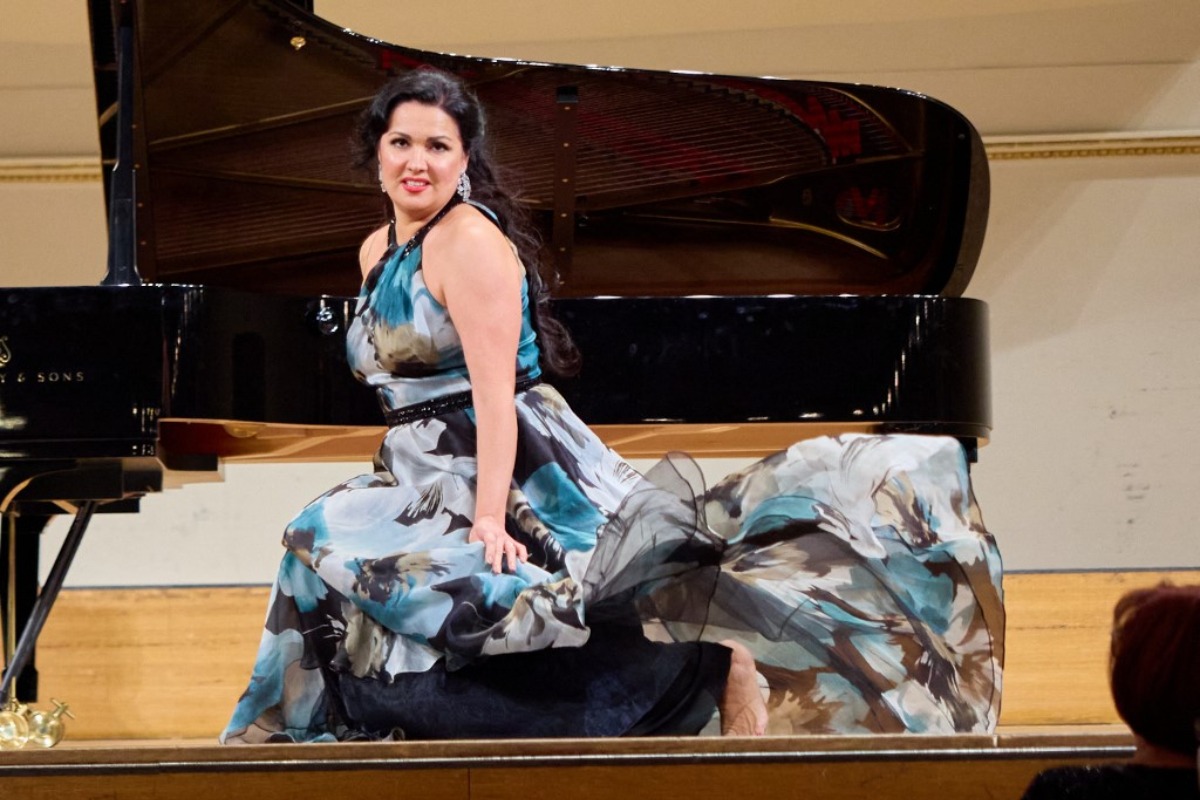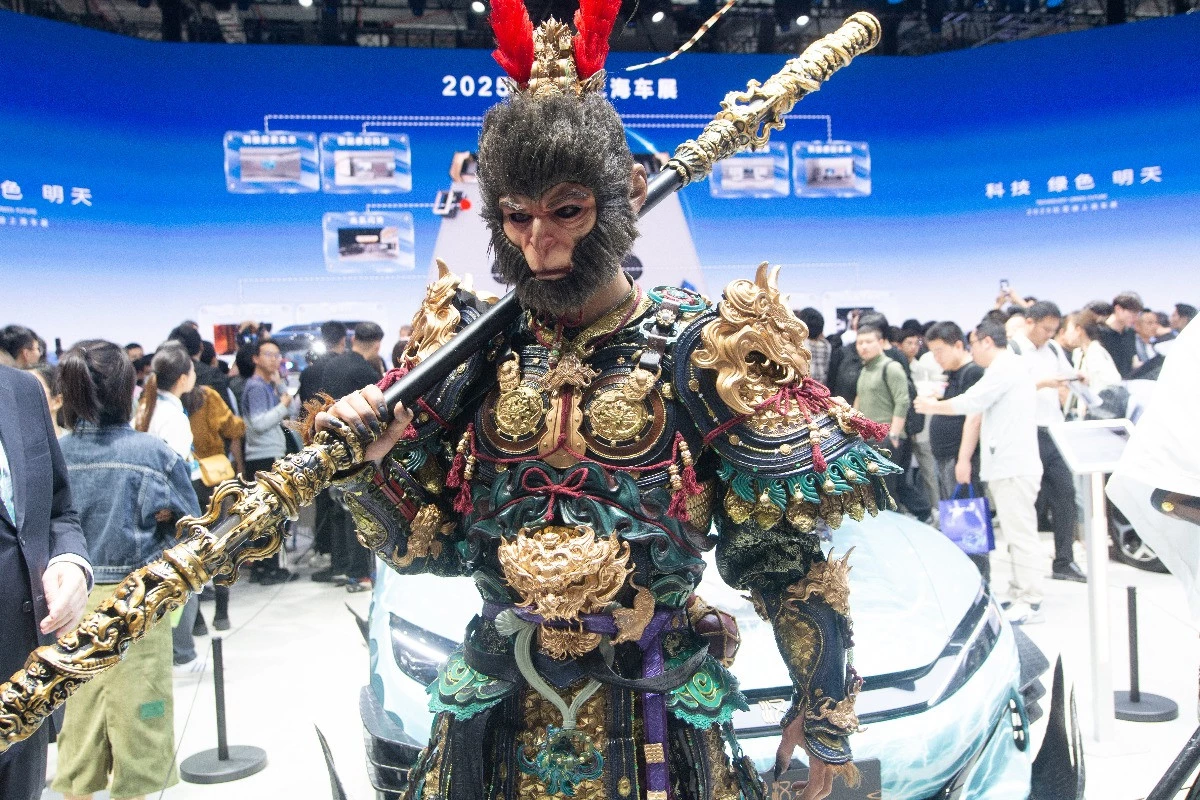
These films are typically released between the end of November and the end of Spring Festival. They can vary in content and genre, from romantic comedies to large-scale historical films, but they all have in common the presence of big stars, frequent use of humour and the main aim of entertainment, i.e. to generate as much revenue as possible. Holiday themes, such as family gatherings, sometimes play an important role in these films, and some films also have more specific elements related to the New Year, such as the action comedy Chinese Zodiac (2012) by Jackie Chan. But these are not prerequisites for a film to be categorised as a New Year film. Films are typically preceded by great anticipation and media attention, and viewing them has become part of the festive tradition in China, which naturally boosts box office. It is also a matter of prestige for the films to be released during this period.
Since the early 1980s, Hong Kong filmmakers have given special attention to the Chinese New Year period, especially the first day of the New Year. The fact that the phenomenon in mainland China dates specifically from the late 1990s is closely linked to the evolution of the film industry, which was experiencing a period of marketisation and, as a consequence, film producers faced new challenges. In the days of the former state-subsidised film industry, the issue of film revenue was less pressing, and in the 1980s cinema was widely available, affordable and almost unrivalled. From the 1990s onwards, however, it had to survive in a market environment, and competition was intensified not only by the rise of television and other entertainment, but also by the gradual influx of foreign films from 1994 onwards (the first foreign film to be released in mainland China in 1994 was the Hollywood film The Fugitive, directed by Andrew Davis and starring Harrison Ford and Tommy Lee Jones). In this new situation, there were two main directions for Chinese films in this period: the first was the production of works that continued to be state-subsidised and conveyed a message that the state considered important, and the second was the production of high-grossing popular films, i.e. commercial films. Understandably, the positioning of films and the concept of the "New Year film" also came to the fore.

The first pioneer of this new type of filmmaking, the grandfather of hesuipian, is Feng Xiaogang, whose film The Dream Factory (1997) was the first mainland Chinese hesuipian. Along with his comedies Be There or Be Square (1998) and Sorry Baby (1999), these three films form a New Year's trilogy. As an indication of the success of the concept, Feng Xiaogang became the highest-grossing director in mainland China at the turn of the millennium, and all three of his films are among the top five highest-grossing Chinese films in mainland China in the 20th century. The director's guiding principle is that he would “rather make entertaining films for a billion people than serious films for a small group of cultural critics.” (It should be added, however, that Feng Xiaogang's films are not only well received by the masses, but also by the professionals and critics, as they are not lacking in social criticism and a kind of black humour, in addition to their sophisticated execution.) Although humour has been a common element in New Year films ever since, they often mix different film genres such as action and science fiction. It is also typical to make very big-budget New Year films, as there is a good chance of a return on investment.
Many of the hit Chinese films of recent years have been presented as New Year films, such as the family time-travel comedy Hi Mom (2021) by Jia Ling, which ranked third on the box office charts in mainland China, which has grossed nearly 5.5 billion yuan, or the currently fifth-ranked The Wandering Earth (2019) - also featured on Netflix - and Full River Red (2023) by multiple festival winner Zhang Yimou. The latter became the highest-grossing Chinese film of 2023 and was also the seventh highest-grossing film of the year worldwide.
This season, there are also several films to choose from, including movies directed by the aforementioned Feng Xiaogang, Jia Ling or Zhang Yimou and starring Jackie Chan.
he author is Assistant Professor at Károli Gáspár University of the Reformed Church and founder of the Imázsia Chinese Film Days
Russian soprano Anna Netrebko will perform the role of Lady Macbeth on 6 and 8 June at the Hungarian State Opera.

China’s influence on the world today extends far beyond its economic power and manufacturing capabilities. The country’s cultural soft power has grown remarkably in recent years — particularly in the video game industry.